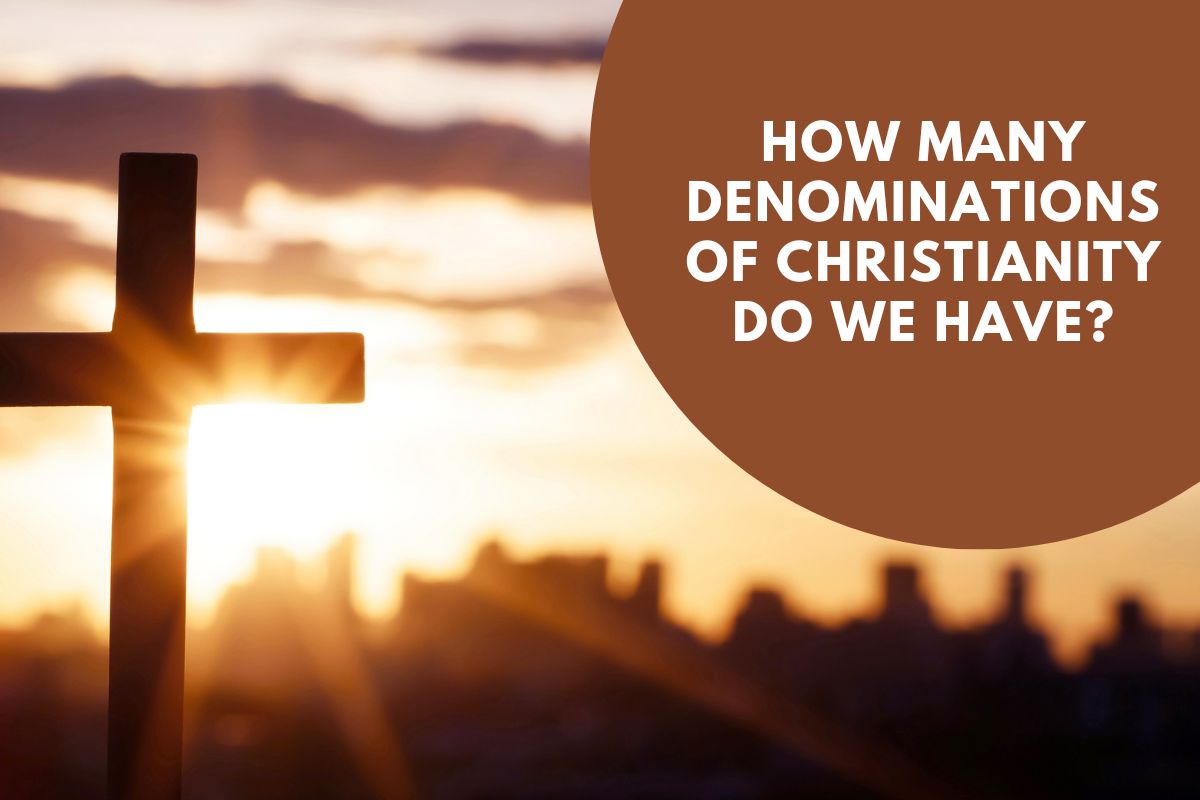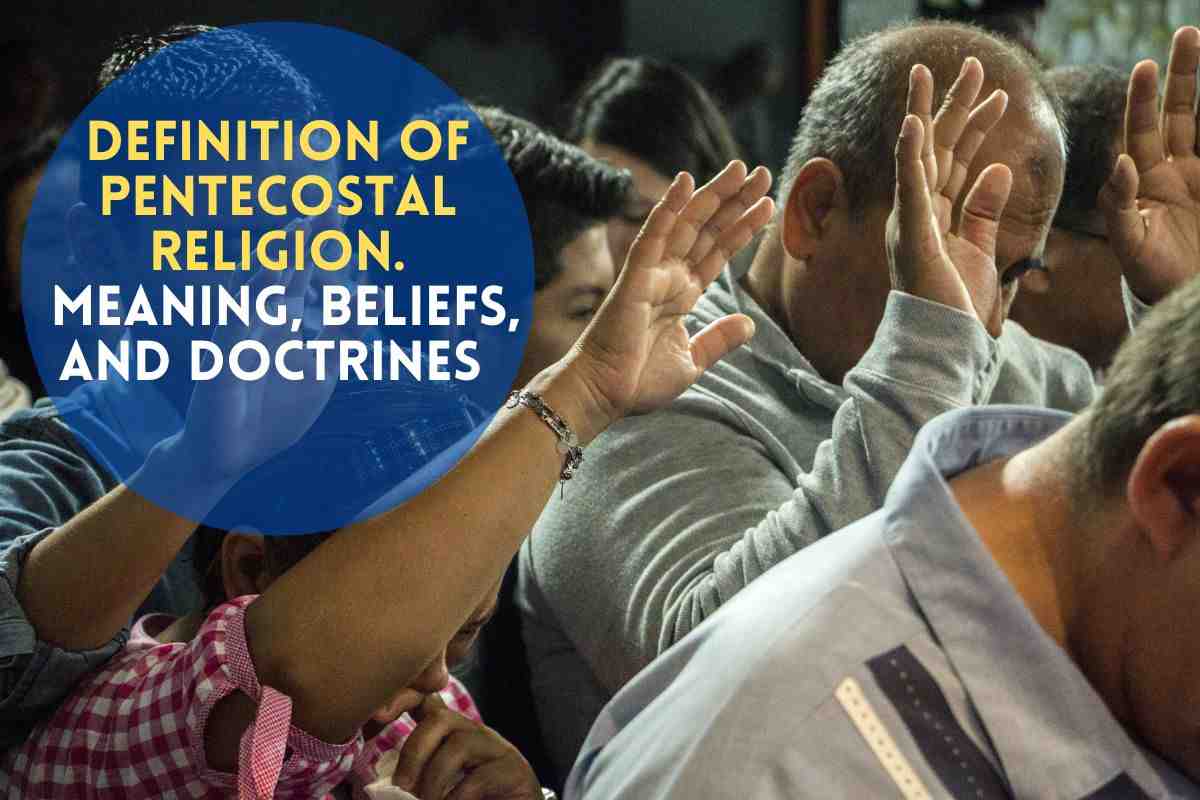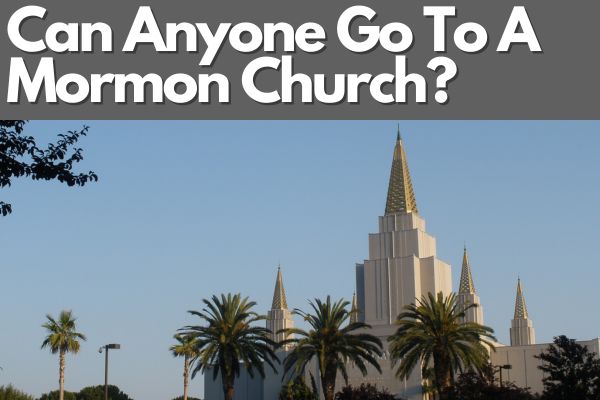Have you encountered a question like, How many denominations of Christianity Do We have? the Answer is simple, Christianity is the world’s largest religion, with billions of adherents and Differences in Christian denominations worldwide. It is divided into many different groups called denominations. Each denomination has its own beliefs and practices, which often differ. This article will explore the major Christian denominations and their differences.
What is Christianity?
All denominations in Christianity believe that Jesus is God’s Son and became God’s sacrificial Lamb. For God so loved the world, that he gave him only begotten Son, that whosoever believeth in him should not perish, but have everlasting life.
The Origins of Christianity
The first Church was not an organization but Jesus’ apostles and friends. He said in Matthew 18:19-20: “Again I say unto you, that if two of you shall agree on earth as touching anything that they shall ask, it shall be done for them of my Father which is in heaven, for where two or three are gathered together in my name, there am I in the midst of them.”
The Catholic Church
The first Christian organization was the Catholic Church, which eventually broke into different denominations, especially in the 1500s due to Martin Luther and John Calvin.
How many denominations of Christianity Do We have?
Christianity is divided between Eastern and Western theology. In these two divisions, there are six branches of Eastern and Western theology:
- Catholicism: This is the largest Christian denomination, with over a billion adherents worldwide. The Pope heads it in Rome, considered the spiritual leader of all Catholics.
- Protestantism is a significant branch of Christianity that emerged in the 16th century due to the Reformation. Protestants reject the authority of the Pope and emphasize the importance of faith in Jesus Christ.
- Eastern Orthodoxy: This branch of Christianity originated in the Eastern Roman Empire. It emphasizes the Bible’s importance and the early Church’s traditions.
- Anglicanism: This branch of Christianity emerged in England in the 16th century. It is headed by the Archbishop of Canterbury and is known for emphasizing liturgy and sacraments.
- Oriental Orthodoxy: This is a branch of Christianity that originated in the Middle East. It emphasizes the importance of the Bible and the teachings of the early Church.
- Assyrians: This is a branch of Christianity that originated in the Middle East. It emphasizes the Bible’s importance and the early Church’s teachings.
- Restorationism: This is sometimes considered the seventh branch of Christianity. It is a movement that seeks to restore the Church to its original form, as it was in the time of the apostles.
The Major Protestant Denominational Families
- Adventists: This is a Christian denomination that originated in the 19th century. It emphasizes the importance of the Sabbath and the imminent return of Jesus Christ.
- Baptists: This is a Christian denomination that emphasizes the importance of baptism by immersion and the authority of the Bible.
- Congregationalists: This is a Christian denomination that emphasizes the autonomy of the local church and the importance of the Bible.
- Lutherans: This is a Christian denomination that emphasizes the importance of the sacraments and the teachings of Martin Luther.
- Methodists: This is a Christian denomination that emphasizes the importance of social justice and personal holiness.
- Pentecostals: This is a Christian denomination that emphasizes the importance of the Holy Spirit and the gifts of the Spirit.
- Presbyterians: This is a Christian denomination that emphasizes the importance of the Bible and the teachings of John Calvin.
The diagram below shows the way the Christian churches split from one another.
 A Diagram of Christian Denominations
A Diagram of Christian Denominations
courtesy of Wikipedia
Protestant denominations are separate from each other and have split several times. The local church councils or governing bodies determine the theology of each denomination.
There has always been a group of Jewish believers, Jews by birth, who have accepted Jesus as Messiah and continue practicing some Jewish religious customs while worshipping as Christians.
Comparison of Founding Dates, Founders, and Number of Adherents of Major Christian Denominations
| Denomination | Catholic | Orthodox | Lutheran | Reformed/ Presbyterian | Methodist/ Wesleyan | Anglican/ Episcopalian |
| Date Founded | 1054 AD (Great Schism) in the Western Roman Empire | 1054 AD (Great Schism) in the Eastern Roman Empire | 1530 (Augsburg Confession) in Germany | c. 1520 during the Reformation in Switzerland and in Scotland | 1787 in England | 1534 (King Henry’s Act of Supremacy) in England |
| Founded by | St. Peter | Patriarch Michael Cerularius | Martin Luther, Philip Melanchthon | Ulrich Zwingli, John Calvin, Theodore Beza, John Knox | John Wesley | King Henry VIII, Queen Elizabeth I, Thomas Cromwell, Thomas Cranmer, Hugh Latimer, Nicholas Ridley |
| Number of Adherents | 1.5 billion | 225 million worldwide | 66 million | 75 million | 80 million | 77 million |
Conclusion
Christianity is a diverse religion with many different denominations. While all denominations share the common belief that Jesus is the Son of God, they differ in their interpretations of the Bible, practices, and rituals. Understanding the differences between the major Christian denominations can help us appreciate and respect the diversity within the Christian community.
Whether you are a Christian or not, learning about different religions and their beliefs is essential. This helps promote understanding and tolerance among people of other faiths. Learning about other religions can enrich your spiritual journey and deepen your knowledge of your beliefs.
Finally, it is essential to remember that while different Christian denominations may have different practices and beliefs, they are all part of the same faith community. By respecting each other’s opinions and working together to promote peace and understanding, we can build a better world for everyone.





